Choosing between an electric car and a hybrid in 2025 can be tricky, especially when considering the Electric vs Hybrid Car Comparison. It depends on what is most important to you. Do you want to help the environment by lowering pollution? Or do you need a car that saves money and is easy to use? The good news is that new technology is making this choice simpler. For example, car batteries now last much longer. In 2011, cars could go 68 miles on one charge. By 2021, they could go 234 miles, and this keeps improving. Also, countries like China now have most of the world’s charging stations. This shows that charging is becoming easier. Whether you prefer electric cars for their environmental benefits or hybrids for their flexibility, the Electric vs Hybrid Car Comparison highlights that it’s an exciting time to choose.
Key Takeaways
-
Electric cars are good for the planet and don’t pollute. They are a smart pick for people who care about nature.
-
Hybrids use both gas and electricity, giving more options. They are great for long trips without needing to find chargers.
-
Electric cars cost less over time because they need fewer fixes. Charging them is cheaper, even though they cost more to buy at first.
-
Think about how you drive: electric cars work well in cities. Hybrids are better if you travel far often.
-
Tax discounts and rebates can lower the starting price of electric cars. This makes them easier to afford for people watching their money.
Electric vs Hybrid Car Comparison
What is a Fully Electric Car?
A fully electric car, or battery-electric vehicle (BEV), uses only electricity. It doesn’t need gas or diesel to run. Instead, it works with a rechargeable battery that powers an electric motor. These cars use special batteries like lithium-ion ones to store energy. Some use lithium iron phosphate (LFP) batteries because they cost less. Others use nickel-manganese-cobalt (NMC) batteries for more energy storage.
Fully electric cars are simple and easy to maintain. They have fewer parts than regular cars, so they don’t break down as much. They also don’t release harmful gases, making them better for the planet. If you want a quiet, smooth ride and care about the environment, an electric car could be a great choice.
What is a Hybrid Car?
A hybrid car uses both a gas engine and an electric motor. It can switch between gas and electric power or use both together. At slow speeds, hybrids often run on electricity, saving fuel. When you speed up, the gas engine takes over.
Hybrids also have a feature called regenerative braking. This system collects energy when you brake and uses it to charge the battery. While hybrids still use gas, they use less fuel than regular cars. If you want a car that’s flexible and saves gas but isn’t fully electric, a hybrid might be right for you.
Key Differences Between Electric Cars and Hybrid Cars
Here are some main differences between electric and hybrid cars:
-
Power Source: Electric cars only use batteries, while hybrids use both gas and electricity.
-
Emissions: Electric cars don’t release harmful gases, but hybrids still use gas and create pollution.
-
Maintenance: Electric cars are easier and cheaper to fix because they have fewer parts. Hybrids are more complex and may cost more to repair.
-
Cost: Hybrids cost less to buy, but electric cars save money over time with cheaper charging and fewer repairs.
-
Efficiency: Electric cars use most of their energy for movement, while hybrids lose more energy as heat.
Both types of cars have good points. Your choice depends on what you need, like saving money, being eco-friendly, or convenience.
Pros and Cons of Electric Cars
Advantages of Electric Cars
No Pollution and Eco-Friendly
Electric cars don’t pollute the air when they run. Unlike gas cars, they don’t release harmful gases like carbon dioxide. This helps keep the air clean and the planet healthier. Studies say electric cars make about 200 grams of CO2 per mile in their lifetime. Gas cars, however, make over 350 grams. If you want to help the Earth, an electric car is a smart pick.
Cheaper to Maintain
Electric cars cost less to fix and keep running. They have fewer parts, so there’s less to break. You won’t need oil changes or spark plug fixes. Batteries can be pricey to make and recycle, but daily savings on repairs and fuel are worth it. Charging an electric car costs much less than buying gas, saving you money over time.
Quiet and Smooth Rides
Driving an electric car is calm and enjoyable. These cars are super quiet, making rides peaceful. The electric motor gives quick speed and smooth control. Whether driving in the city or on a trip, it feels relaxing and fun.
Disadvantages of Electric Cars
Expensive to Buy
Electric cars cost more upfront than gas or hybrid cars. This makes them harder for some people to afford. But many places give tax breaks to help with the cost. These discounts can make electric cars easier to buy, so check what’s offered near you.
Shorter Driving Range (for some cars)
Some electric cars can’t go very far on one charge. For long trips, you’ll need to plan where to charge. Most newer electric cars can drive 200-300 miles per charge, but it depends on the model. For daily drives, this range is usually enough.
Charging Stations Can Be Hard to Find
In some places, charging stations are still rare. Cities often have many, but rural areas might not. This means you’ll need to plan ahead, especially for long trips. Having enough charging spots nearby is important for electric car owners.
Pros and Cons of Hybrid Cars
Advantages of Hybrid Cars
Better Gas Mileage
A hybrid car helps you save gas money. It uses an electric motor for short trips, like in traffic. This means you use less fuel every day. Regenerative braking also saves energy that would be wasted. Hybrids are much better on gas than regular cars. Using less gas also means less pollution, which helps the planet.
Longer Driving Distance
Hybrid cars can travel farther than electric cars. They use both a gas engine and an electric motor. This means you don’t need to worry about charging often. You can drive hundreds of miles before refueling. Hybrids are great for long trips or vacations.
Uses Both Gas and Electric Power
Hybrids give you two options: gas and electric. Use the electric motor for short drives and gas for longer ones. You won’t get stuck if there’s no charging station nearby. Hybrids are good for people not ready for a fully electric car. They adjust to your needs and make driving easier.
Disadvantages of Hybrid Cars
Still Needs Gasoline
Hybrids are better than regular cars but still need gas. This means they aren’t as eco-friendly as electric cars. If you want to cut pollution the most, hybrids may not be the best.
Harder to Fix
Hybrids have both a gas engine and an electric motor. This makes them more complicated to repair. Fixing them can cost more than fixing regular cars. If you buy a hybrid, remember that repairs might be pricey.
More Pollution Than Electric Cars
Hybrids pollute less than regular cars but more than electric ones. Electric cars don’t release any harmful gases while driving. If you want the least pollution, electric cars are a better choice.
Tip: Think about how you drive when choosing a car. Do you take long trips or short drives? Your habits can help you decide between a hybrid or electric car.
Comparing Electric and Hybrid Cars in 2025
Cost Comparison
Upfront Costs
Hybrid cars usually cost less to buy than electric cars. But electric cars are getting cheaper. Many governments give tax breaks or rebates for electric cars. These programs help lower the starting price a lot.
If you pick a hybrid, you’ll pay less at first. But don’t forget, the first cost isn’t everything. Electric cars may seem pricey, but they save money over time.
Long-Term Ownership Costs
Electric cars cost less to own over time. They have fewer parts, so they break less often. EVs can cut repair and maintenance costs by half compared to gas cars. Charging an electric car also costs less than buying gas.
Hybrids still need gas, which adds to costs over time. They use less fuel than regular cars but don’t save as much as electric cars. However, replacing an EV battery can cost $5,000 to $15,000. Think about this if you plan to keep your car for years.
Environmental Impact
Carbon Footprint of Electric Cars
Electric cars are better for the environment over their lifetime. But making them creates more pollution. Building an EV makes over 10 metric tons of CO2, while gas cars make about 6 metric tons. This is because EV batteries need mining and lots of water.
Once driving, EVs don’t release harmful gases. The electricity source matters too. If it’s renewable, EVs are even better for the planet.
Carbon Footprint of Hybrid Cars
Hybrids pollute less than gas cars but more than EVs. They still use gas, which causes pollution. Hybrids make 34% less CO2 than regular gas cars. While they’re better than gas cars, they’re not as eco-friendly as EVs.
Driving Range and Convenience
Range of Electric Cars
Electric cars now go farther on one charge. Most can drive 200 to 520 miles. They work well for daily drives and some trips. For long trips, you’ll need to plan charging stops.
Range of Hybrid Cars
Hybrids can go farther by using both gas and electricity. They can travel up to 688 miles. This makes them great for long trips. You don’t need to find a charger, just refuel at a gas station.
|
Vehicle Type |
Driving Range |
Convenience Factors |
|---|---|---|
|
Battery Electric Vehicle (BEV) |
200 to 520 miles |
No harmful gases, cheaper to run, more trunk space |
|
Plug-In Hybrid Electric Vehicle (PHEV) |
Up to 688 miles |
Uses gas and electric, easy to refuel, lower cost upfront |
Note: If you take long trips often, hybrids are easier. But for city driving, electric cars might be better.
Charging vs. Refueling
Availability of Charging Stations
Charging stations for electric cars are easier to find now. Cities have many, including fast chargers that work in under an hour. But rural areas might not have enough charging spots yet. This can make long trips harder. Planning ahead is very important for electric car drivers. Use apps or maps to find chargers before you travel.
Refueling Convenience for Hybrids
Hybrids are simple to refuel at any gas station. It only takes a few minutes to fill up and continue driving. This makes hybrids great for long trips or places with few charging stations. You don’t need to change your habits or worry about finding a charger. Many people like this flexibility.
Tip: If you’re in a rush or take road trips often, hybrids can save time compared to electric cars.
Suitability for Different Lifestyles
Urban Commuters
Living in a city? An electric car might be perfect. They are quiet, eco-friendly, and cheaper to charge than buying gas. City trips are usually short, so running out of battery isn’t a big worry. Some cities even give perks like free parking or carpool lane access for electric cars.
Long-Distance Travelers
For long trips, hybrids are better. They use both an electric motor and a gas engine. You can drive far without needing to stop for a charge. Gas stations are everywhere, so refueling is easy. Hybrids are great for vacations or road trips.
Budget-Conscious Buyers
If you’re on a budget, hybrids cost less to buy upfront. But electric cars save money over time with lower maintenance and charging costs. Tax breaks can also help with the higher price of electric cars. Think about your daily needs and long-term goals when choosing.
Note: Your lifestyle matters when picking between a hybrid or electric car. Think about how and where you drive most often.
Electric and hybrid cars each have their own advantages. Your choice depends on what you need most. Electric cars are improving with better batteries and easier charging. But hybrids are still liked for their long range and flexibility.
-
Worries about running out of power make hybrids a safe choice.
-
Car companies are making more hybrid models to meet demand.
|
Year |
Hybrid Cars Bought |
Electric Cars Bought |
Gas Cars Bought |
|---|---|---|---|
|
2023 |
9.5% |
7.7% |
72.7% |
|
2024 |
11.5% |
8.2% |
70.4% |
Think about how you drive and future changes before choosing.


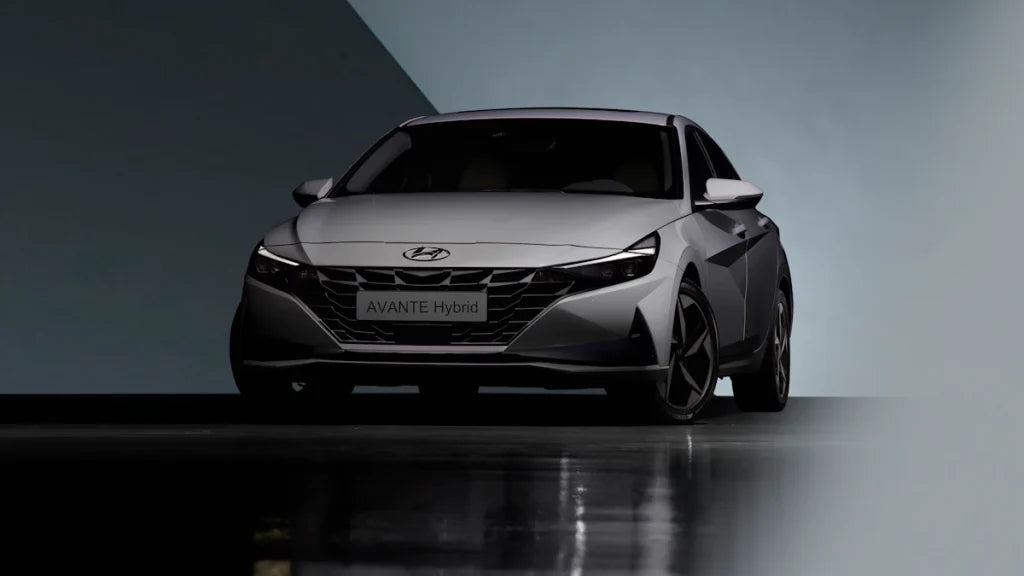
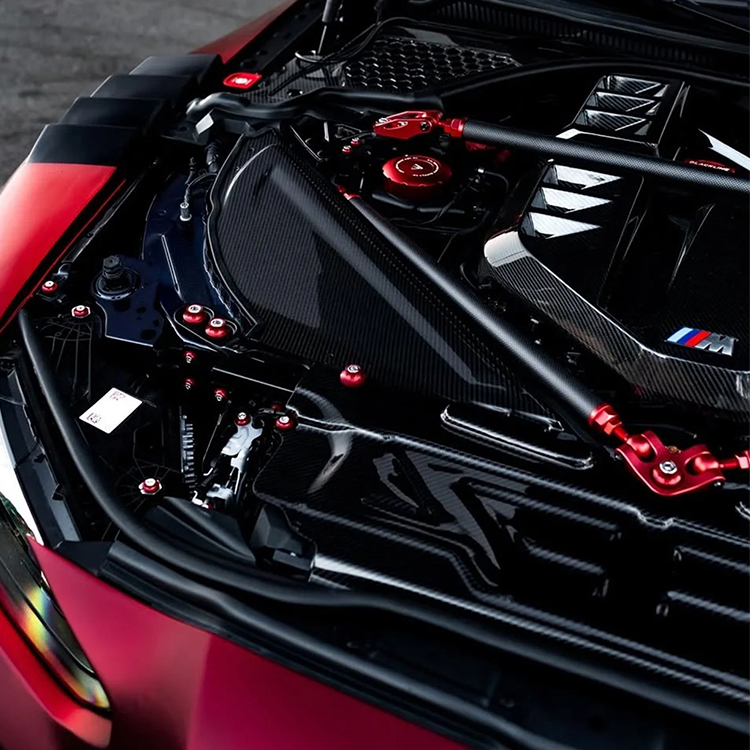
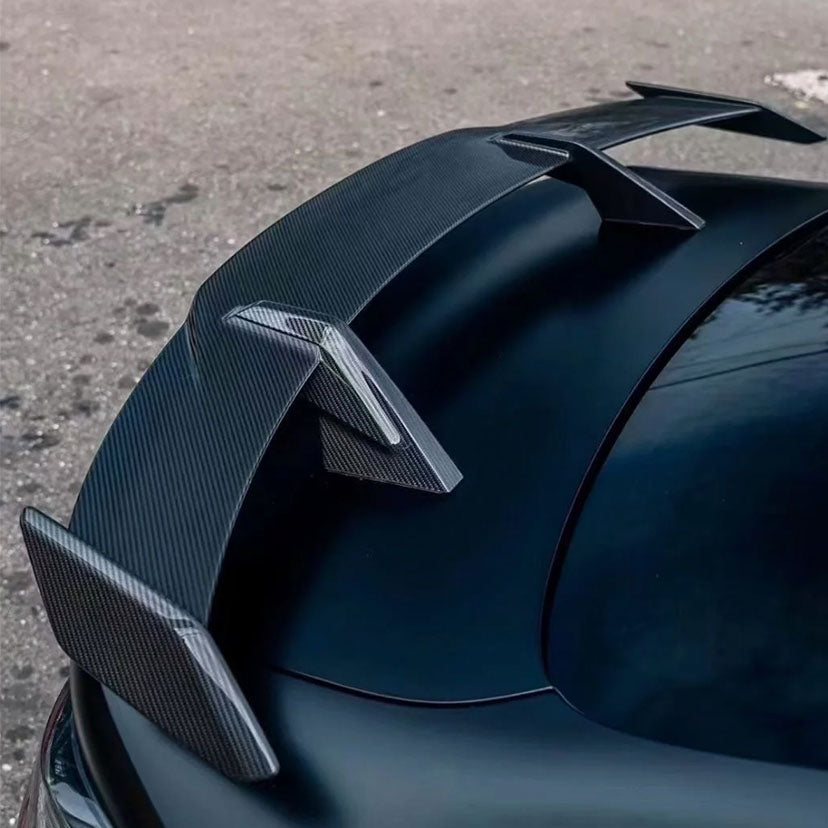


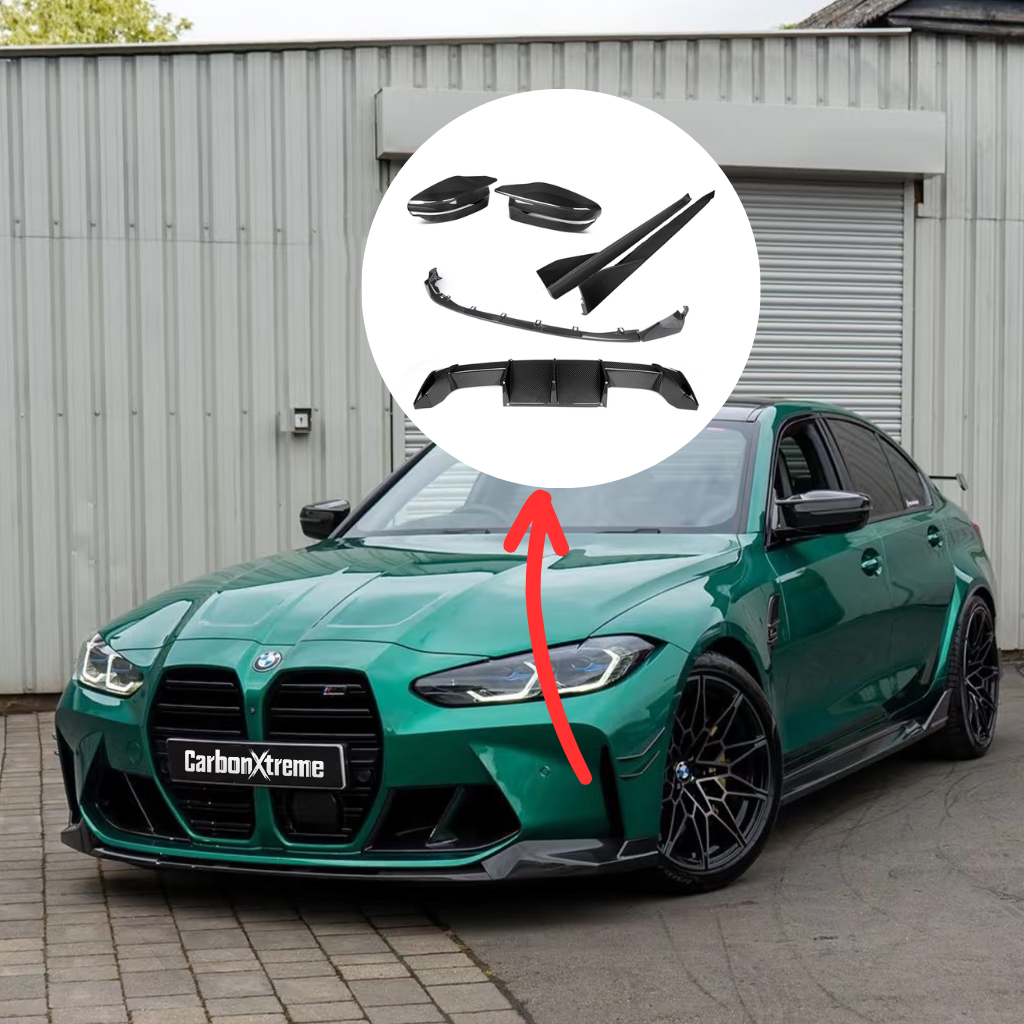
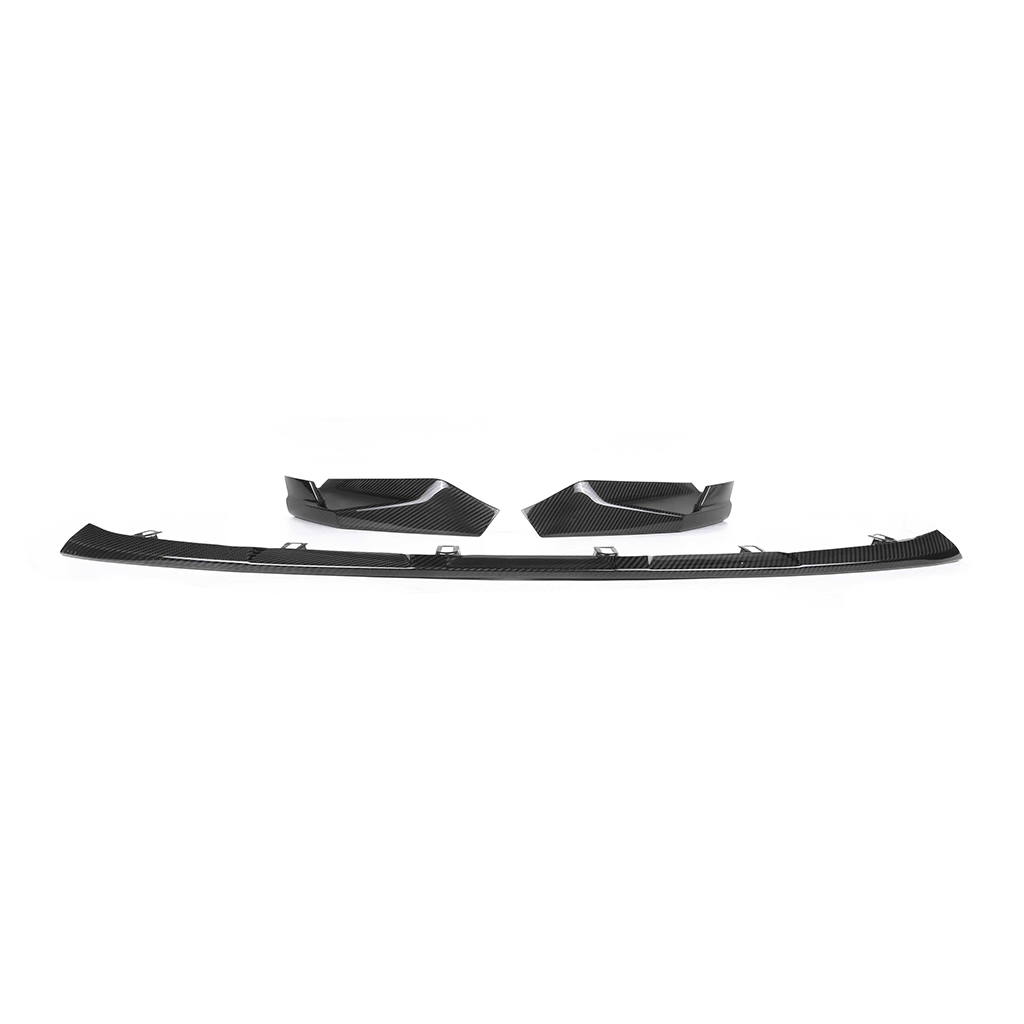
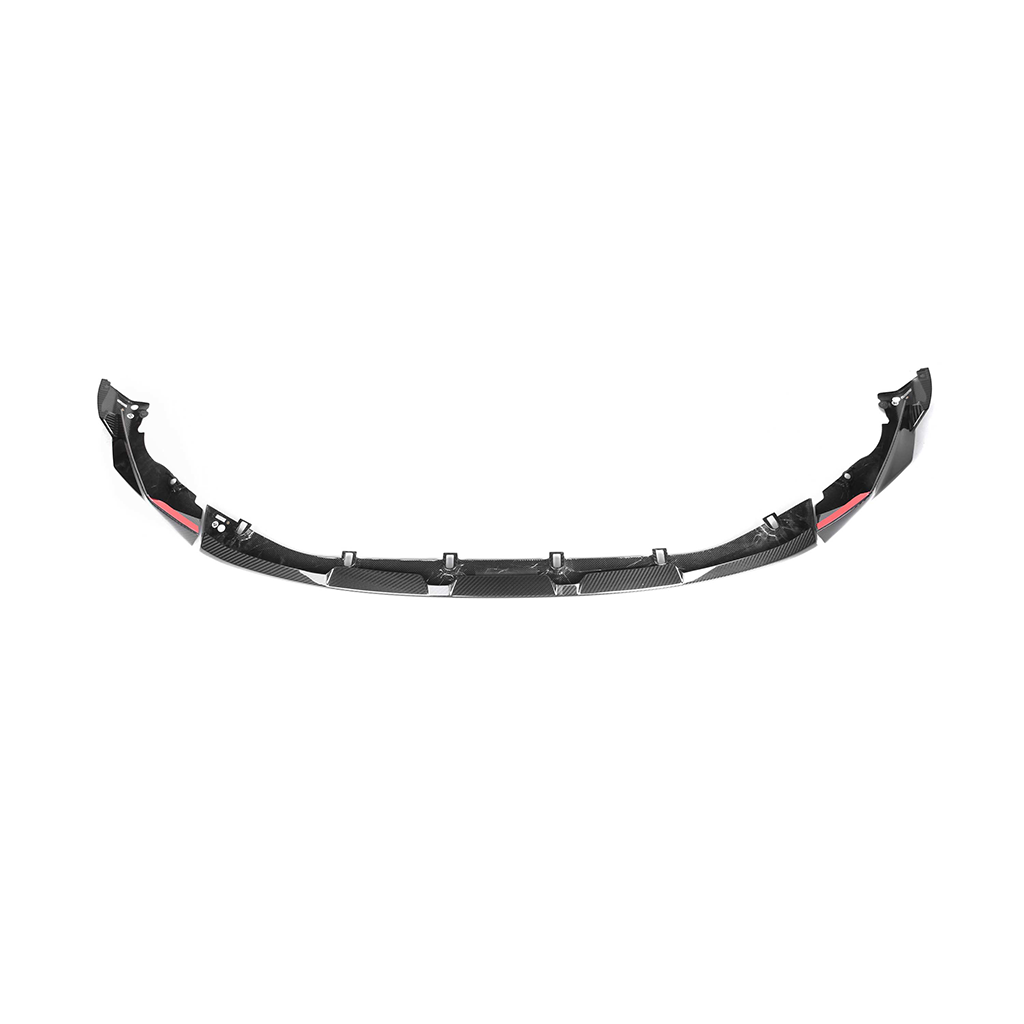


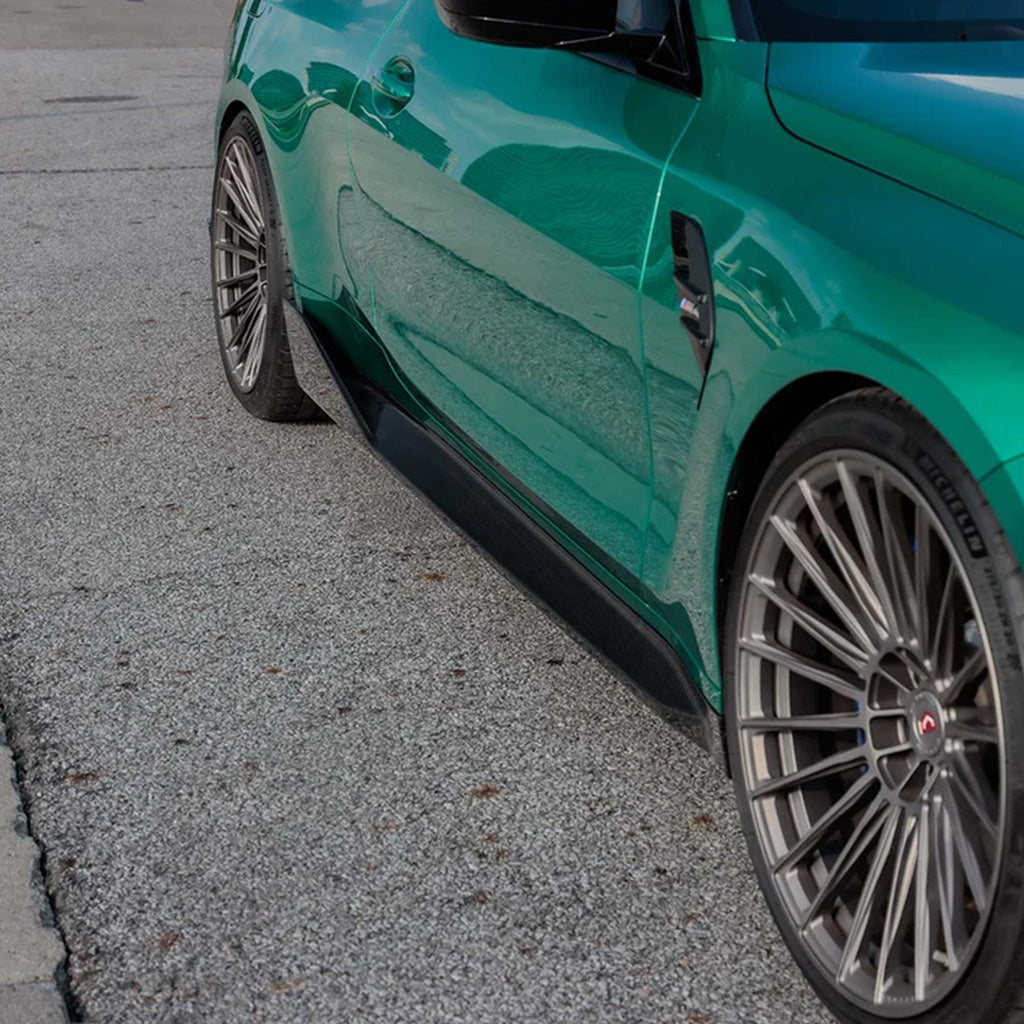





Share:
Key Differences Between Crossovers and SUVs
The Ultimate Guide to Luxury Sedans in 2025